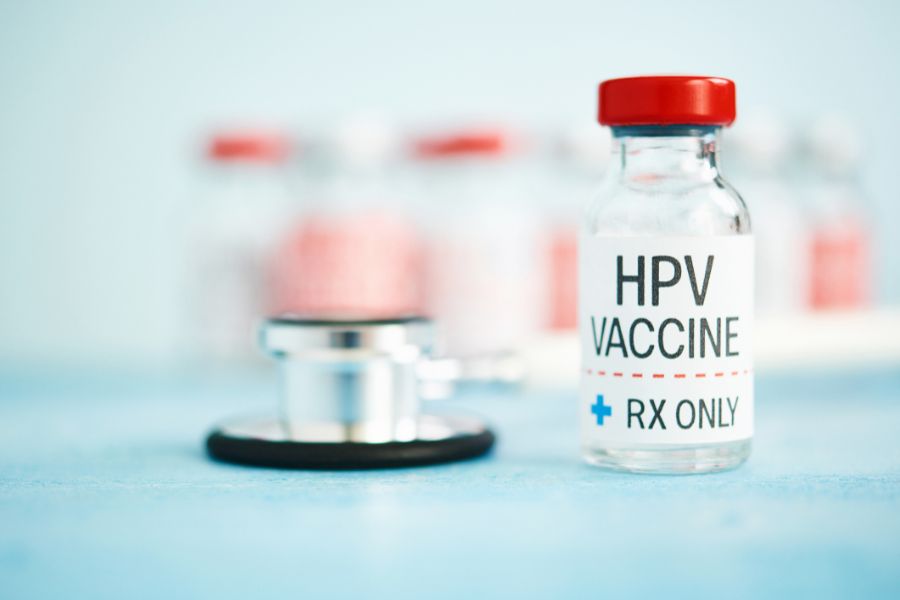
What to Do if You Think You Have COVID-19
.jpg)
Stacy Phu | Jan 19, 2022 Health
Whether you feel sick with COVID-like symptoms, have been exposed to someone with COVID, or test positive, first and foremost, do NOT panic. Here is a guide to help you understand your options and the appropriate measure to take in these COVID-19 situations.
I may have been exposed to COVID-19, what should I do?
According to the CDC, close contact means that you were less than 6 feet away from an infected person (laboratory-confirmed or a clinical diagnosis) for a cumulative total of 15 minutes or more over a 24-hour period. For example, three individual 5-minute exposures for a total of 15 minutes.
If you know you’ve been in close contact and exposed to COVID-19, depending on your vaccination status and the severity of your symptoms—you may need to wear a mask around others, stay home and rest, or seek medical attention.
I’ve been exposed but have no symptoms, what do I do?
If you are up-to-date on your COVID-19 vaccinations, you do not need to stay home unless you develop symptoms later.
If you are NOT up-to-date on your vaccinations, stay home and quarantine for at least 5 full days.
Either way, you should get tested at least 5 days after you last had close contact (day of exposure is considered day 0). Watch for symptoms and take precautions—wear a well-fitted mask around others and avoid travel and high-risk people—until 10 days after exposure.
For free COVID-19 Testing:
Some universities offer testing sites or kits—be sure to check if your school does. You can also find free testing sites across the U.S. as part of your state’s program here: https://www.hhs.gov/coronavirus/community-based-testing-sites/index.html.
*Starting January 19th, 2022, every home in the U.S. can order 4 free at-home COVID-19 tests. The tests will be completely free and ship within 7-12 days. Visit https://www.covidtests.gov.
What should I do if I have symptoms or test positive for COVID-19?
If you’ve been exposed and have symptoms, isolate yourself immediately.
If you’ve received a positive test back, regardless of vaccination status, isolate. Even if you don’t have symptoms.
Stay home for 5 days and away from others. (Updated Jan. 9)
Be sure to notify your school and follow school protocol for exposure or positive test. Your university may have a contact tracing programs that may require you to comply with a certain protocol.
For more info on how to calculate isolation periods, when to end isolation, and precautions to take, review the CDC’s Quarantine and Isolation.
Should I go see a doctor for my COVID-like symptoms?
If you have detected mild symptoms, the CDC recommends you stay home. Most people with COVID-19 have mild illness and can recover at home without medical care.
The CDC also suggests you get rest and stay hydrated. Take over-the-counter medicines, such as acetaminophen, to help you feel better.
If you would like to see a provider, you may visit your school’s student health center, urgent care, or an in-network provider as the most affordable option. Be sure to call the provider before you get medical care—some places may advise you not to come in when exposed or positive.
It is also important to note that just because you have symptoms does not mean you have COVID-19—it may be related to a different illness such as a cold or allergies.
When should I seek emergency medical attention?
If you have an emergency warning sign (including trouble breathing), call 911 or call ahead to your local emergency facility.
You should NOT visit the emergency room in the U.S. unless you are in a life-threatening situation (see our blog post on why). For non-emergencies, your trip to the E.R may cost you an outrageous amount and may not be eligible for coverage. To avoid a costly surprise during a non-emergency, visit your student health center or nearest urgent care.
It is also important to note that emergency departments are incredibly busy in these times and may be experiencing staffing shortages.
How does my ISO plan cover COVID-19 treatment?
All ISO plans provide coverage for sickness and injuries, including COVID-19.
If you’ve been exposed or test positive for COVID-19, it can be a stressful and anxiety-inducing experience. The good news is most people with mild-to-moderate symptoms make a full recovery at home. It is important to monitor symptoms and get medical attention when needed.
For more information on COVID-19, please visit the CDC website and your school’s COVID-19 policy website.
This guidance supplements and does not replace any government laws, and regulations.
About ISO Student Health Insurance
Founded in 1958, ISO prides itself on being the leader in providing international students with affordable insurance plans. Administered by former and current international students, we are able to assist our member with multilingual customer service in Chinese, Hindi, Spanish, and more. ISO serves over 3,200 schools/colleges and more than 150,000 insured students every year.
For more information, please visit www.isoa.org and connect with us on Facebook, Instagram, WeChat, WhatsApp, and LinkedIn.









